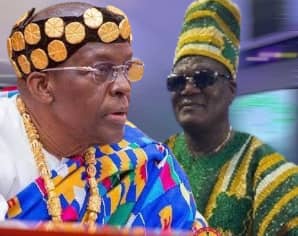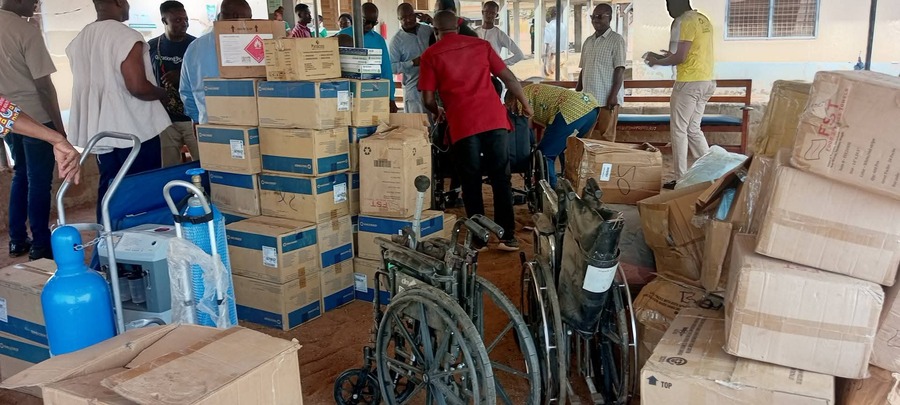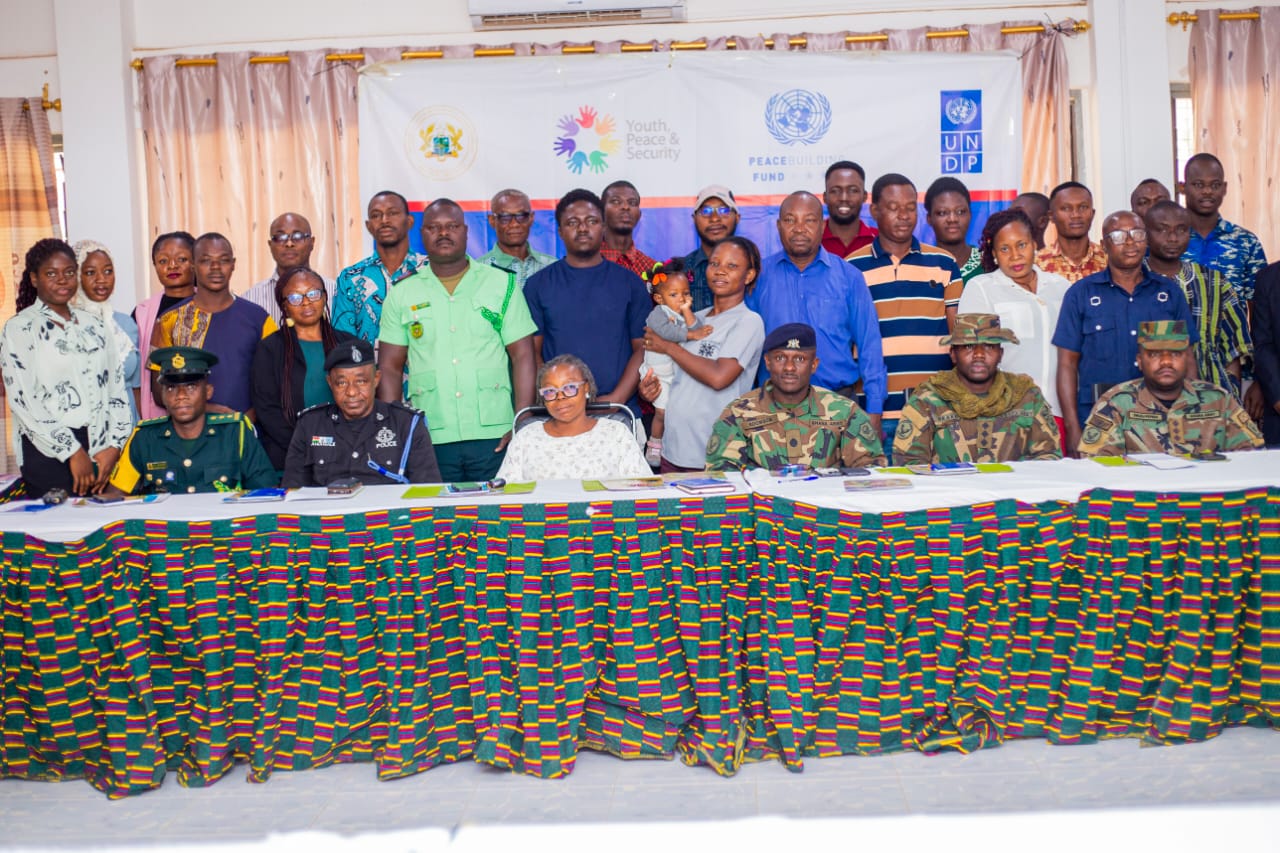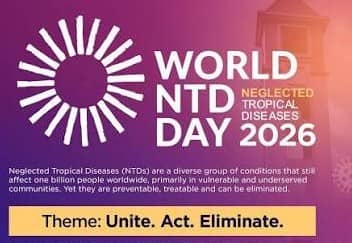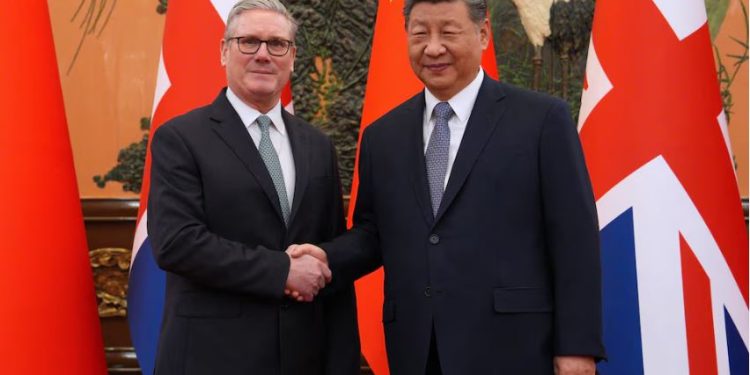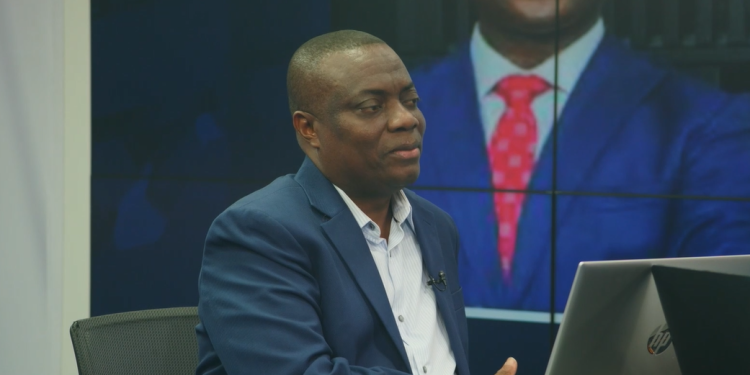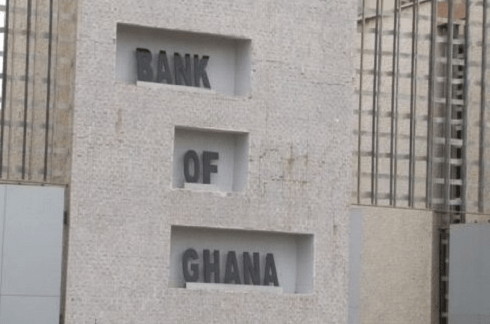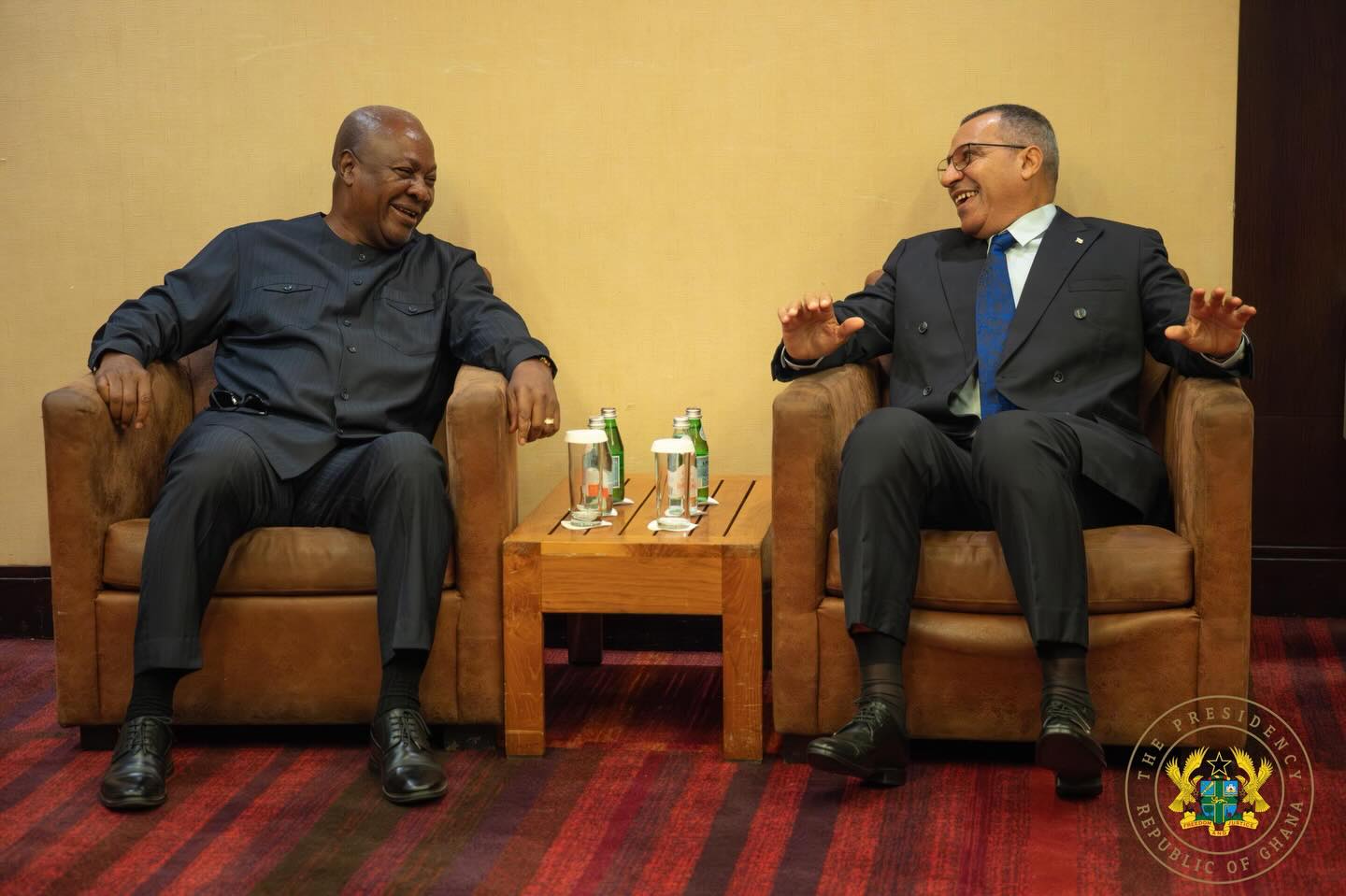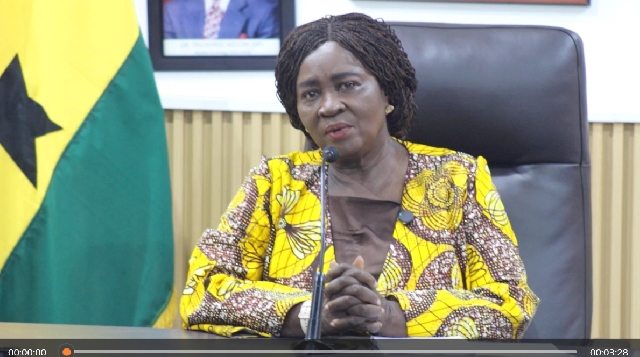African countries have been urged to utilize the African Continental Free Trade Area (AfCFTA) as a means to achieve economic growth and break free from the historical and present-day challenges of colonialism, neocolonialism, and imperialism.
The AfCFTA, which aims to create a single market for goods and services across the continent, provides an opportunity for African nations to enhance trade among themselves, boost their economies, and reduce dependency on external forces.
The statement emphasizes the need for African countries to be cautious of potential recolonization efforts disguised as well-intentioned policies from international organizations like the International Monetary Fund (IMF), World Bank, and the United Nations (UN). It suggests that some of these policies may come with certain conditions or restrictions that could hinder African nations’ ability to fully benefit from their resources and potential.
According to former President Olusegun Obasanjo, the treaties and conventions agreed upon by imperialist institutions before and after Africa’s independence were not designed with the goal of promoting African development. He argues that the current socio-economic and political structure, characterized by capitalism, neoliberal globalization, and cultural subjugation perpetuated by institutions such as the Bretton Woods institutions (IMF and World Bank), is a recipe for failure on the continent.
Obasanjo’s statement suggests that these institutions, which have significant influence over African economies, may not prioritize or adequately address the unique challenges and needs of African nations. Instead, they may enforce policies that benefit global economic powers rather than promoting inclusive and sustainable development in Africa.
His critique reflects a broader sentiment among African leaders and scholars who argue for the need for African countries to assert their economic sovereignty, challenge neocolonial practices, and seek alternative avenues for development. The African Continental Free Trade Area (AfCFTA) is seen as one such avenue, empowering African nations to shape their economic destiny and reduce dependency on external forces.
“The restructured socio-economic and political neocolonialism characterised by its underlining capitalism, neoliberal globalisation, and cultural subjugation of Africa by the Bretton Wood institutions is a recipe for continental failure,” he said.
“ if African countries continue to depend on these instruments as the launch pad for their development, the Continent will, at last, fail regardless of its endowments.”
“The rippling dividend is the mocking economic growth, abject poverty, starvation, joblessness and youth hopelessness.”
Former President Obasanjo, an Eminent Fellow of the African Youth and Governance Convergence (AYGC), said this at the 25th Session of AYGC held at Mankessim in the Central Region.
The seven-day event commenced on Saturday, August 12, with 65 delegates from 27 African countries, the United States of America, and Canada.
The forum seeks to connect the youth to build one African identity, harness their potential to become responsible and make them participating citizens for sustainable development.
It is also to equip them with the appropriate capacity, platforms, and responsiveness to demand their rights as a way of promoting social accountability, transparency, and equity.
The Youth Bridge Foundation and partners put the programme together on the theme: “Advancing Youth Inclusive Governance, Peace, and Security: The Digital Innovation Factor.”
The former President said the AfCFTA presented an opportunity to increase trade to ensure the prosperity of the respective countries.
The trade area would lead to an increase in intra-African trade by $35 billion and reduce external imports by $10 billion yearly.
It would also create more opportunities for the growth of small businesses, with the potential to lift some 30 million people out of extreme poverty.
Regardless of the enormous benefits, he decried the lofty appetite for the Bretton Woods Institutions by African countries for combining lending with conditionality that promoted the ‘Washington Consensus’ doctrine of the ‘free market.’
Similarly, he lashed at leadership across the continent, saying: “The greatest failure of African leaders is the lack of full understanding of what being independent means and what it entails.
“The reason the colonial powers were here and why they committed all those atrocities even matter. Independence meant hard work to serve ourselves and our interests better than the colonial power.”
Limiting independence to freedom of speech, flying national flags, relaxing, and enjoying were wrong notions by early leaders in Africa, former President Obasanjo said.
The early leaders in Africa forgot that their newly instituted political, legal, and neo-political systems were at our disadvantage.
“It is important to rebrand and turn Africa around for the world to know that Africans are one and good people with natural resources and diverse culture and we need strong partnerships with the diaspora to do this.”
“Let us build the human resources of Africa by extending a hand of friendship to them so that together we can help change the narrative of the continent, now and in the future.”
Source: Apexnewsgh.com/Ghana
For publication please kindly contact us on 0256336062 or Email: apexnewsgh@gmail.com

